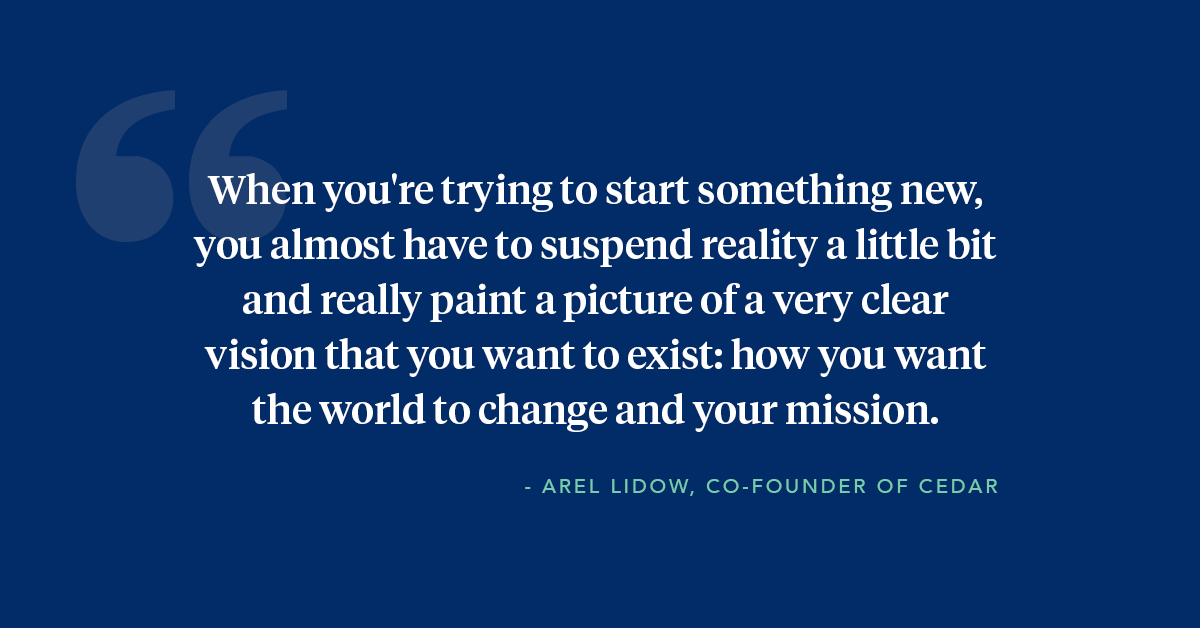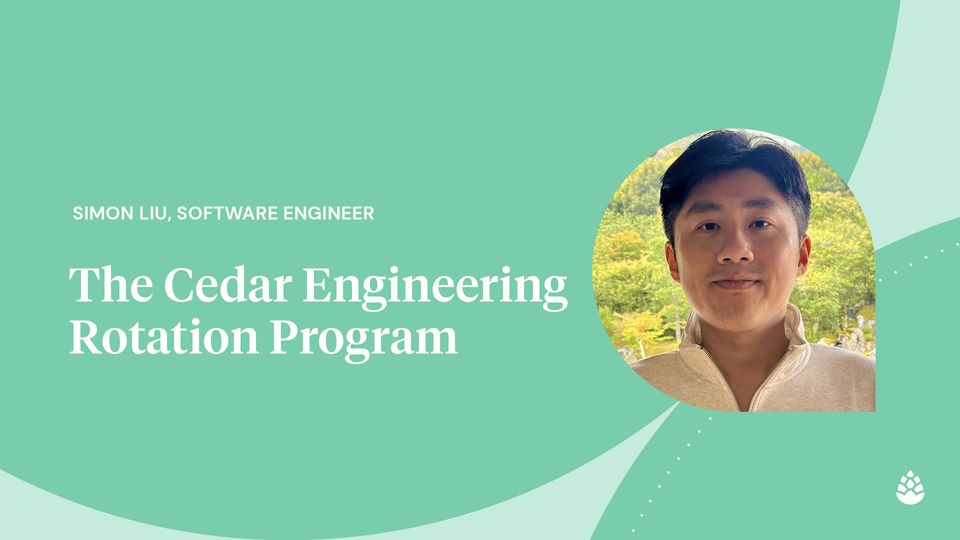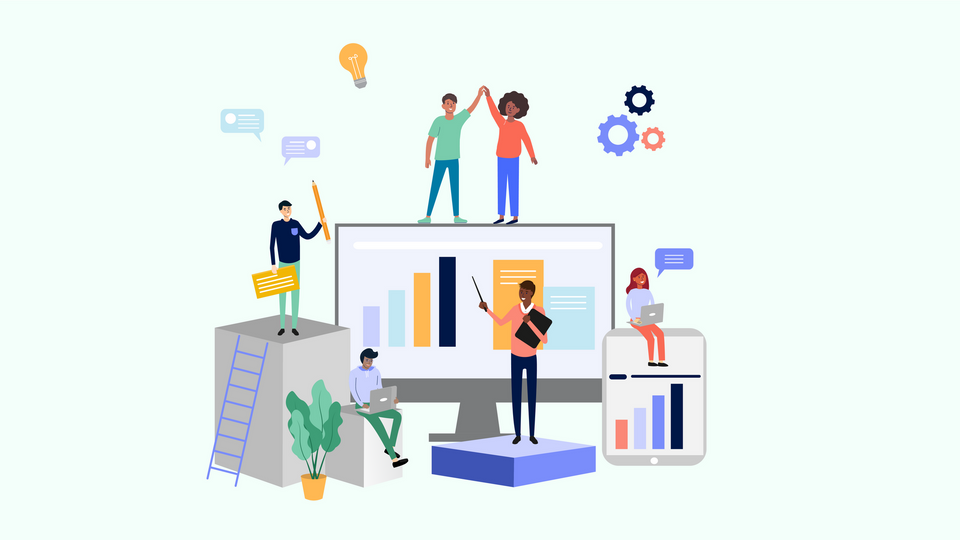Recently, Cedar Co-founder Arel Lidow was featured by the Bridgewater Alumni Network talking about the formative lessons he learned in his career, many of which he’s brought with him to his work founding and building Cedar’s engineering function. Below are Arel’s top five insights from the interview.
To view the full video, click here.
“Changing technology takes a lot of time and it's very complex. I found that oftentimes you’ve got a natural tension in a high growth company between the business or commercial side that always wants to move and grow things faster than technology can scale. On the technology side you need to create space and an environment where the team can work to fix the underlying problems in the architect systems. That was one of the [early] things that I really learned.”
2. Keep focused on the outcome you’re trying to achieve
“I think one of the most important things if you're starting a company or growing is to keep everyone really focused on the outcome that you're trying to achieve. And going through something like the 2008 financial crisis [while working at Bridgewater] was incredibly hard.
Everyone would wake up and be like, ‘Oh my gosh, another day of this. How do we survive the day?’ The team was able to paint a picture of how we would get out and the steps needed to get there and refocus everyone on that end state.
And it worked in the end. We got through it and rebuilt the architecture to work at a much higher scale. I'm really incredibly personally proud of the work that I did. I hope that everyone else on that team is very proud, as well.”
3. Keep your team emotionally invested in the mission
“When you're trying to start something new, you almost have to suspend reality a little bit and really paint a picture of a very clear vision that you want to exist: how you want the world to change and your mission. [And then you have to] get a group of people very excited about that.
The reality is 98% of what you're doing in an early stage company when you're building something new is execution—you're building towards something. A lot of the culture at Bridgewater and the way of thinking is great around thinking critically about problems.
At [Cedar], I learned it's equally important to motivate people and get them very excited about the vision and mission because there are a lot of ups and downs throughout.”
4. Maintain a high bar for people and culture
“If you maintain a very high bar for people and culture from the start, that actually propagates—those people will in turn attract other great people. So if you get the right group of people, you'll be more likely to evolve a healthy culture over time.”
5. Think as objectively as possible
“We want people who really have excellent judgment. [Be] able to think critically about a problem and see it from both sides. And not from a perspective of bias or ego, but being able to really think through it objectively. We look for people who have that quality—who we can really trust to think independently about the way that things should be done.”
To check out Cedar’s careers page, view openings and learn more about or mission to transform healthcare, click here.





